Introduction
This Ultimate Guide to Belgian Sheepdog covers all aspects of the breed
- Discover the unique traits and characteristics that make them exceptional
- Learn about their history and origins as skilled herding dogs
- Explore their temperament and how they interact with families and pets
- Understand the training and exercise needs to keep them happy and healthy
- Get tips on grooming and care for your Belgian Sheepdog throughout its life
1. Grooming Your Belgian Sheepdog
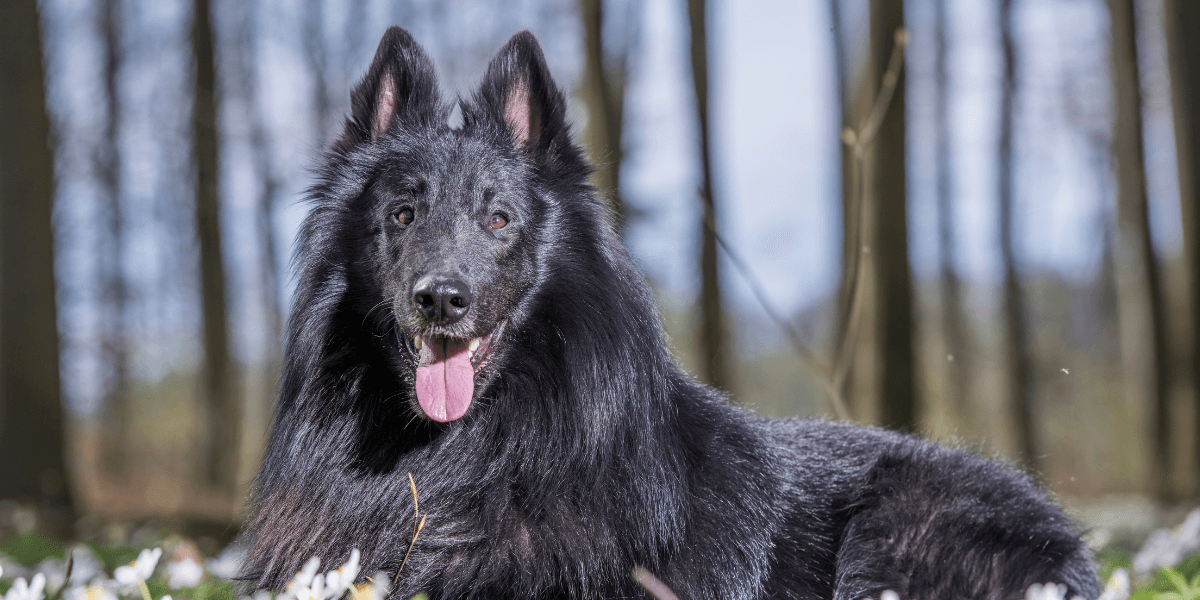
Here are some essential grooming tips:
Brushing
- Frequency: Brush your Belgian Sheepdog at least twice a week to prevent mats
- Tools: Use a slicker brush for the undercoat and a pin brush for the outer coat
Bathing
- Frequency: Bathe your dog every 6-8 weeks using a mild dog shampoo
- Drying: Ensure your dog is completely dry after bathing to prevent skin issues
Ear Cleaning
- Frequency: Check and clean the ears weekly to prevent infections
- Method: Use a vet-approved ear cleaner and cotton balls, avoiding deep insertion
Nail Trimming
- Frequency: Trim the nails every 3-4 weeks
- Tools: Use a nail clipper designed for dogs or a grinder for smoother edges
2. Training Your Belgian Sheepdog
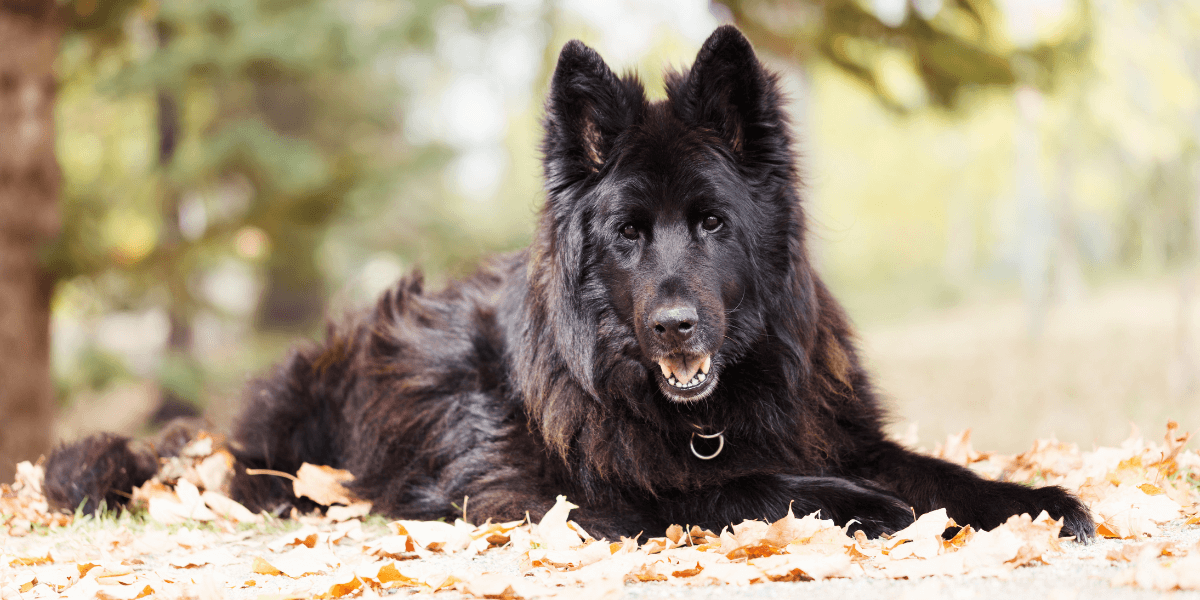
Here are some training tips:
Basic Commands
- Sit, Stay, Come: Start with basic commands using positive reinforcement techniques
- Consistency: Be consistent with commands and rewards to reinforce good behavior
- Early Exposure: Introduce your dog to different people, places, and other animals early on
- Positive Experiences: Ensure all interactions are positive to build confidence
Advanced Training
- Agility Training: Belgian Sheepdogs excel in agility courses
- Obedience Classes: Consider enrolling in obedience classes for structured training
3. Health Concerns and Preventive Care
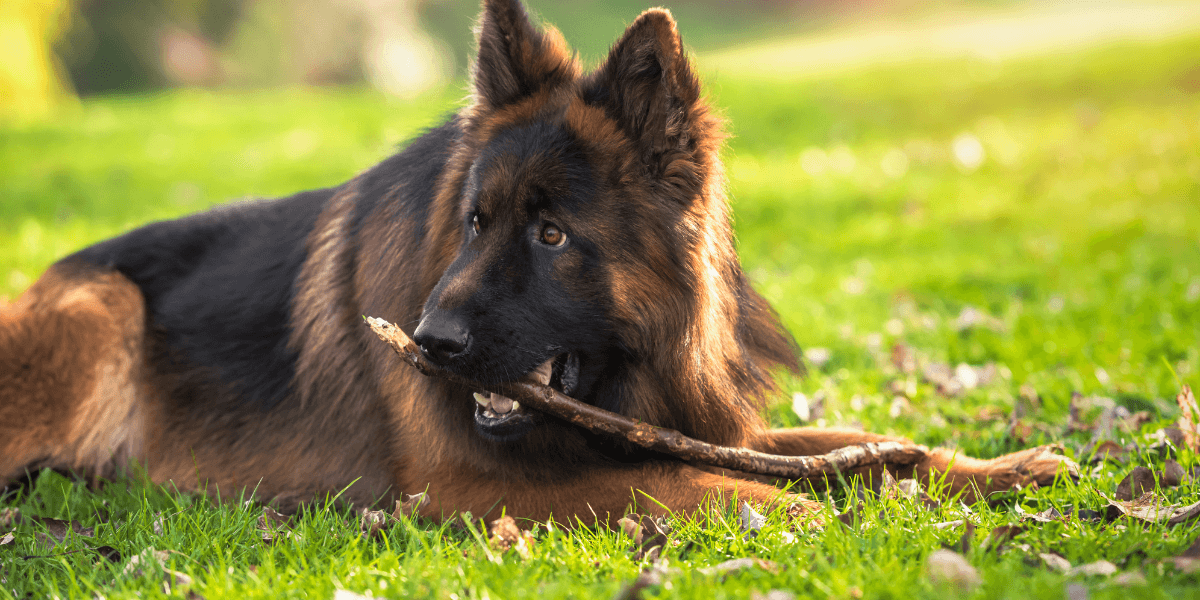
Like all breeds, Belgian Sheepdogs are prone to specific health issues.
Common Health Issues
- Hip Dysplasia: A genetic condition that affects the hip joints
- Epilepsy: Some Belgian Sheepdogs may develop epilepsy
- Eye Problems: Progressive Retinal Atrophy is a concern, Regular eye exams are recommended
Preventive Care
- Vaccinations: Keep your dog's vaccinations up to date
- Regular Vet Visits: Schedule annual check-ups to monitor your dog’s health
- Healthy Diet: Provide a balanced diet to support overall health
4. Feeding Your Belgian Sheepdog
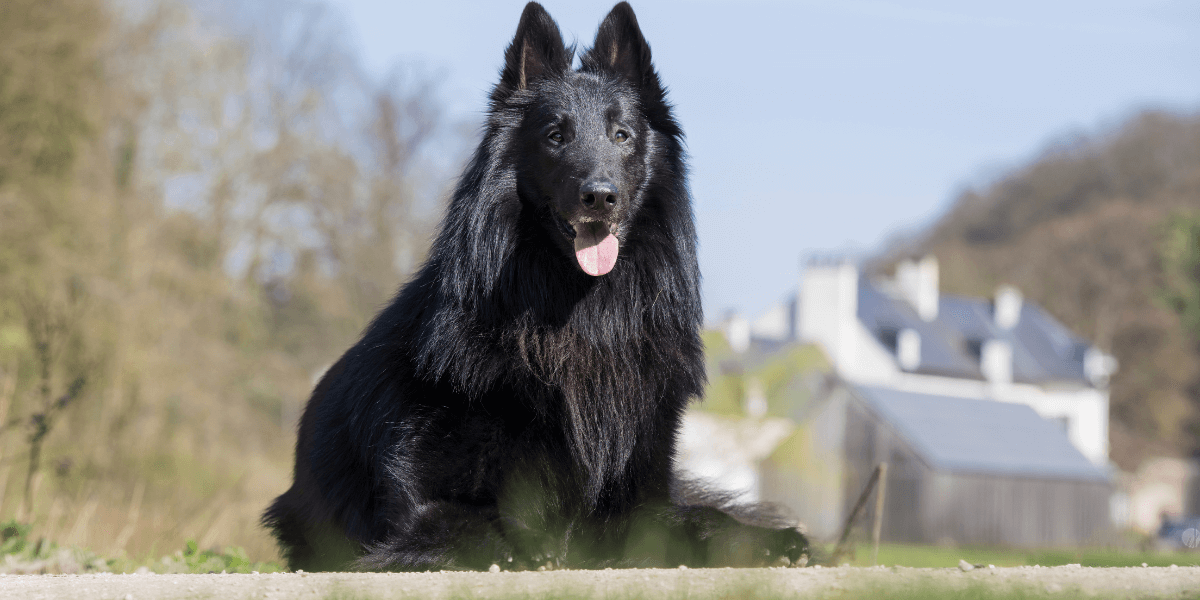
A balanced diet is crucial for the health and well-being of your Belgian Sheepdog.
Choosing the Right Food
- High-Quality Kibble: Select a high-quality kibble that lists meat as the first ingredient
- Grain-Free Options: Consider grain-free options if your dog has sensitivities
Feeding Schedule
- Puppies: Feed puppies 3-4 times a day until they are 6 months old
- Adults: Adult dogs should be fed twice a day
Portion Control
- Weight Management: Monitor your dog’s weight and adjust portions accordingly
- Avoid Overfeeding: Overfeeding can lead to obesity and related health issues
Discover top nutrition tips to keep your Belgian Sheepdog healthy; explore the best foods and supplements today!
5. Keeping Your Belgian Sheepdog Fit
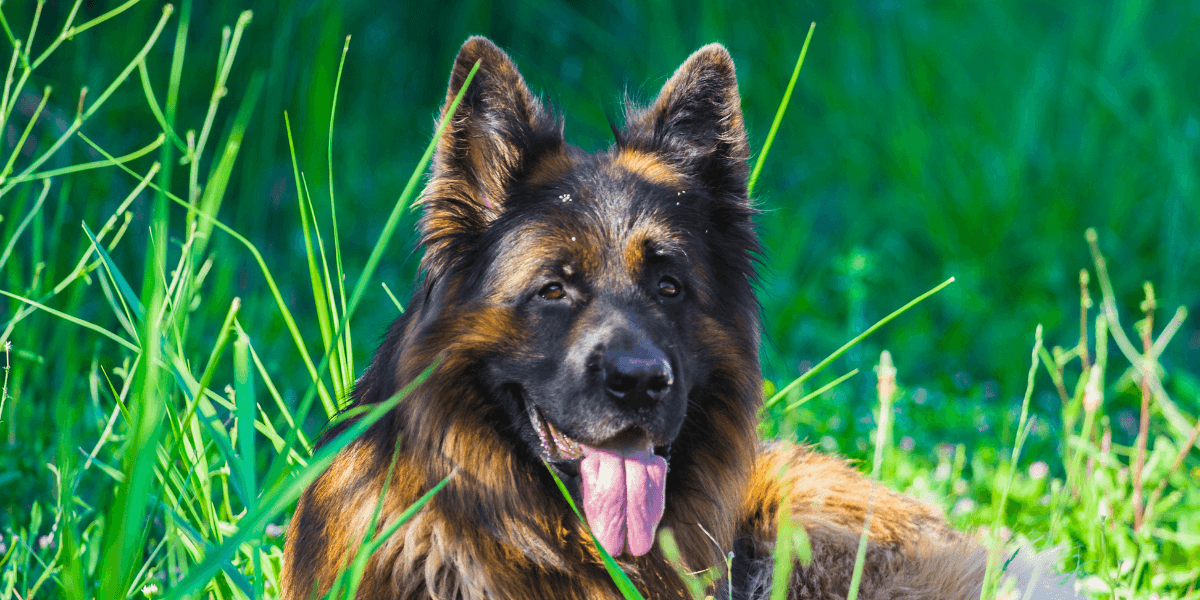
Belgian Sheepdogs are energetic and require regular exercise to stay healthy and happy.
Daily Exercise
- Duration: Aim for at least 1-2 hours of exercise per day
- Activities: Include a mix of walks, runs, and playtime
Mental Stimulation
- Puzzle Toys: Use puzzle toys to keep your dog mentally engaged
- Training Sessions: Incorporate training sessions into your exercise routine
- Dog Parks: Visit dog parks for socialization and play with other dogs
- Group Walks: Join group walks or meetups with other Belgian Sheepdog owners
6. Living with a Belgian Sheepdog
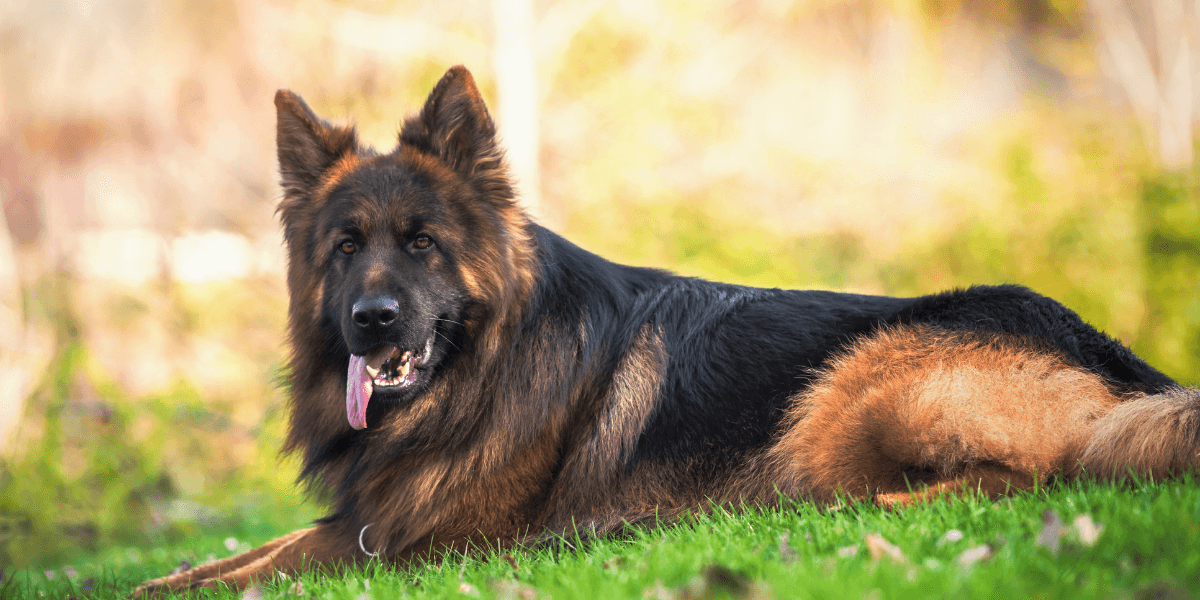
Creating a suitable home environment for your Belgian Sheepdog is essential.
Space Requirements
- Indoor Space: Ensure your home has enough space for your dog to move around comfortably
- Outdoor Space: A fenced yard is ideal for off-leash play
Safety Measures
- Secure Fencing: Make sure your yard is securely fenced to prevent escapes
- Pet-Proofing: Remove any hazardous items from areas your dog can access
Comfort
- Bedding: Provide a comfortable bed in a quiet area for rest
- Climate Control: Ensure your home is adequately heated or cooled
Unlock effective training strategies to ensure your Belgian Sheepdog thrives; learn essential tips and tricks now!
7. Belgian Sheepdog Breed History and Characteristics
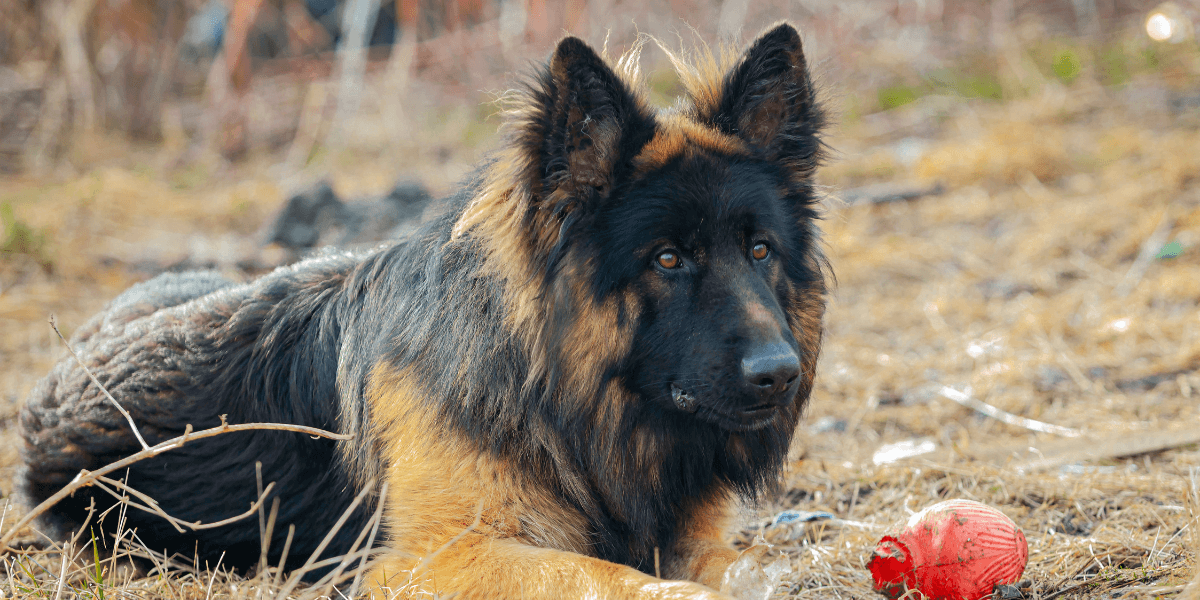
Understanding the history and characteristics of Belgian Sheepdogs can help you appreciate.
Breed History
- Origins: Belgian Sheepdogs originated in Belgium as herding dogs
- Development: The breed was developed in the late 19th century
Physical Characteristics
- Size: Medium to large, with males typically weighing 55-75 pounds and females 45-60
- Coat: Long, black, and double-coated, requiring regular grooming
Temperament
- Intelligent: Highly intelligent and quick to learn
- Protective: Naturally protective, making them excellent watchdogs
- Energetic: Needs plenty of exercise and mental stimulation
Explore the rich history and traits of Belgian Sheepdogs; see how they compare as family pets in this comprehensive look!
FAQs
1. What is the Belgian Sheepdog's temperament?
- They are intelligent, loyal, and protective
2. How much exercise does a Belgian Sheepdog need?
- They require daily exercise to stay happy and healthy
3. Are Belgian Sheepdogs good with kids?
- Yes, they are generally gentle and playful with children
4. What is included in the Ultimate Guide to Belgian Sheepdog?
- It covers training, grooming, health, and care tips
5. How do I train my Belgian Sheepdog effectively?
- Use positive reinforcement and consistency in training
6. Do Belgian Sheepdogs have any common health issues?
- They can be prone to hip dysplasia and skin conditions
7. What is the best diet for a Belgian Sheepdog?
- A balanced diet with high-quality protein is recommended
Conclusion
- In conclusion, this Ultimate Guide to Belgian Sheepdog has covered essential insights
- Remember the importance of training and socialization for your Belgian Sheepdog
- Regular exercise is key to keeping your dog mentally and physically stimulated
- Proper grooming will help maintain their beautiful coat and overall health
- Consider adopting from a shelter to give a Belgian Sheepdog a loving home
Please share it with fellow dog lovers and leave a comment!
References
For more information on The Ultimate Guide to Belgian Sheepdog, check:
- The Ultimate Guide to Belgian Sheepdog: A Comprehensive Guide
- Choosing the Best Orthopedic Dog Bed
- A Guide to Preventing Joint Problems in Dogs
- The Ultimate Guide to Belgian Sheepdog
- Belgian-Sheepdog Dog Breed Guide
Thank you!




